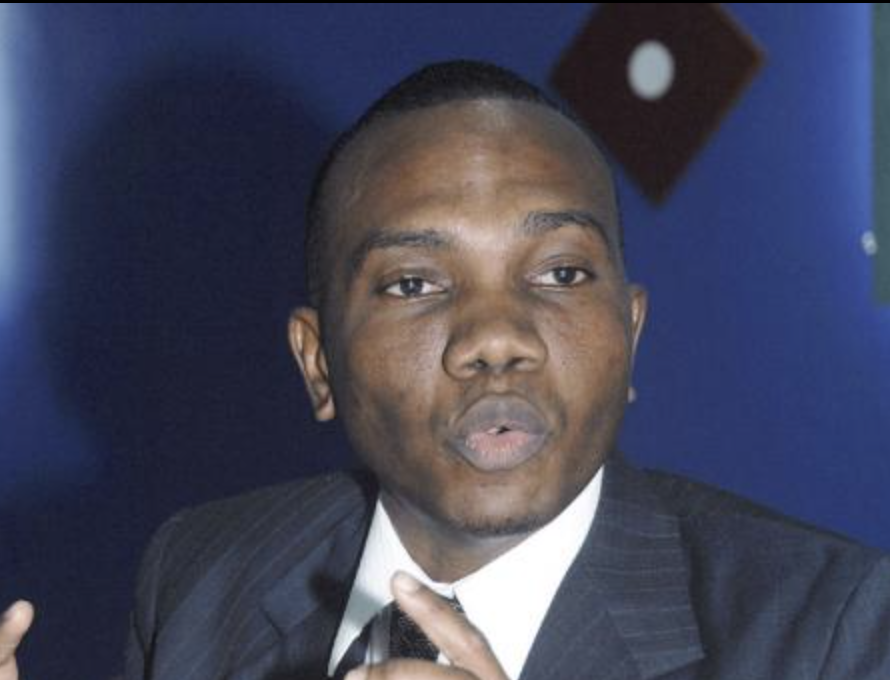Understanding Disability: Challenges Faced by 1.3 Billion People Worldwide

December 4, 2024
"Explore the impact of disabilities on individuals worldwide, with 1.3 billion people affected. Learn about the barriers and risks faced, as highlighted by the United Nations Secretary-General."
“Persons with disabilities already disproportionately bear the brunt of the crises scarring our world from conflicts and climate disasters, to poverty and inequalities because of persistent discrimination, stigma, and barriers to basic rights and services.”- António Guterres- Secretary-General of the United Nations.
An estimated 1.3 billion people experience significant disability. This represents 16 per cent of the world’s population, or 1 in 6 of us. Unfortunately, persons with disabilities have twice the risk of developing conditions such as depression, asthma, diabetes, stroke, obesity or poor oral health.
What is Disability?
The term persons with disabilities is used to apply to all persons with disabilities including those who have long-term physical, mental, intellectual or sensory impairments which, in interaction with various attitudinal and environmental barriers, hinders their full and effective participation in society on an equal basis with others. However, this minimum list of persons who may claim protection under the Convention does not exhaust the categories of the disabilities which fall within it nor is it intended to undermine or stand in the way of wider definition of disabilities under national law (such as persons with short-term disabilities). It is also important to note that a person with disabilities may be regarded as a person with a disability in one society or setting, but not in another, depending on the role that the person is assumed to take in his or her community.
The United Nations declares that the perception and reality of disability also depend on the technologies, assistance and services available, as well as on cultural considerations. In most parts of the world there are deep and persistent negative stereotypes and prejudices against persons with certain conditions and differences. These attitudes themselves also shape who is considered to be a person with a disability in each society as well as have contributed to a negative image of persons with disabilities. The language used to refer to persons with disabilities has played a significant role in the persistence of negative stereotypes. Clearly, terms such as “crippled” or “mentally retarded” are derogative. Other terms such as “wheelchair-bound” or “disabled persons” emphasize the disability before the person.
The International Day of Persons with Disabilities (IDPD) is observed annually on December 3rd. The theme for this year is “Amplifying the leadership of persons with disabilities for an inclusive and sustainable future.” This theme recognises the important role that persons with disabilities play in creating a more inclusive and sustainable world for all. It also emphasises the importance of the participation of persons with disabilities in decision-making processes that affect their lives. The theme this year reflects the current international political and policy context, in particular the Pact for the Future and the upcoming 2025 World Summit for Social Development, and the need to create momentum for achieving the 2030 Agenda. The theme seeks to amplify the centrality of the leadership role of persons with disabilities, in all of these efforts – from the global to the local.
Disability Inclusion
The United Nations Disability Inclusion Strategy provides the foundation for sustainable and transformative progress on disability inclusion through all pillars of the work of the United Nations. Through the Strategy, the United Nations system reaffirms that the full and complete realization of the human rights of all persons with disabilities is an inalienable, integral and indivisible part of all human rights and fundamental freedoms.
When nations secure the rights of persons with disabilities, we move our world closer to upholding the core values and principles of the United Nations Charter. The United Nations Disability Inclusion Strategy provides the foundation for sustainable and transformative progress on disability inclusion through all pillars of the work of the United Nations: peace and security, human rights, and development.
On this the International Day of Disabled Persons let us all use our various platforms to promote a better understanding about disability issues. Additionally, the international community is being called upon to create and foster a culture of integration of disabled persons in every aspect of political, social economic and cultural life. Without a doubt the affirmation of the personhood of all is a critical component for inclusivity. It is only by coming together as a community that we will realize an inclusive, accessible and sustainable world for all.
Wayne Campbell is an educator and social commentator with an interest in development policies as they affect culture and or gender issues.
waykam@yahoo.com
@WayneCamo


